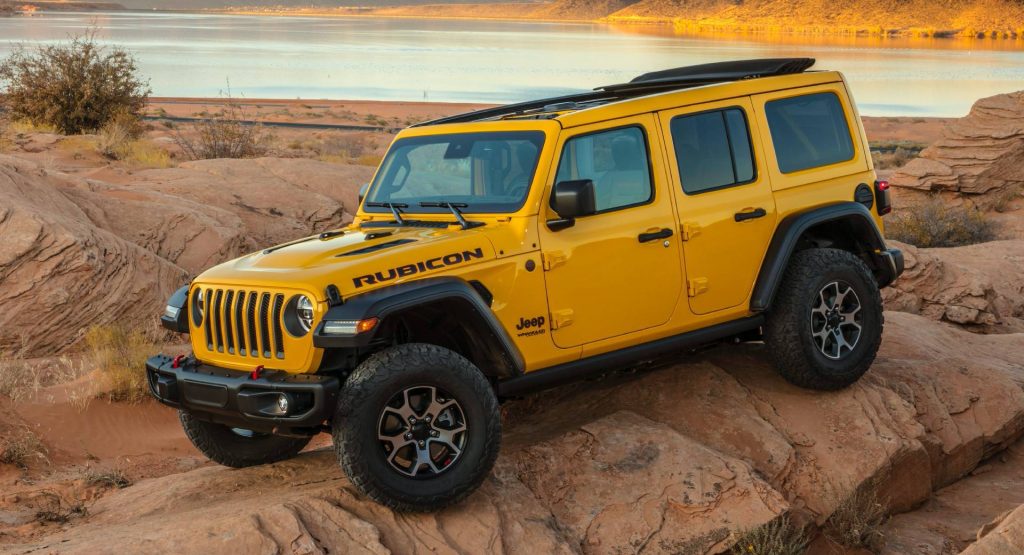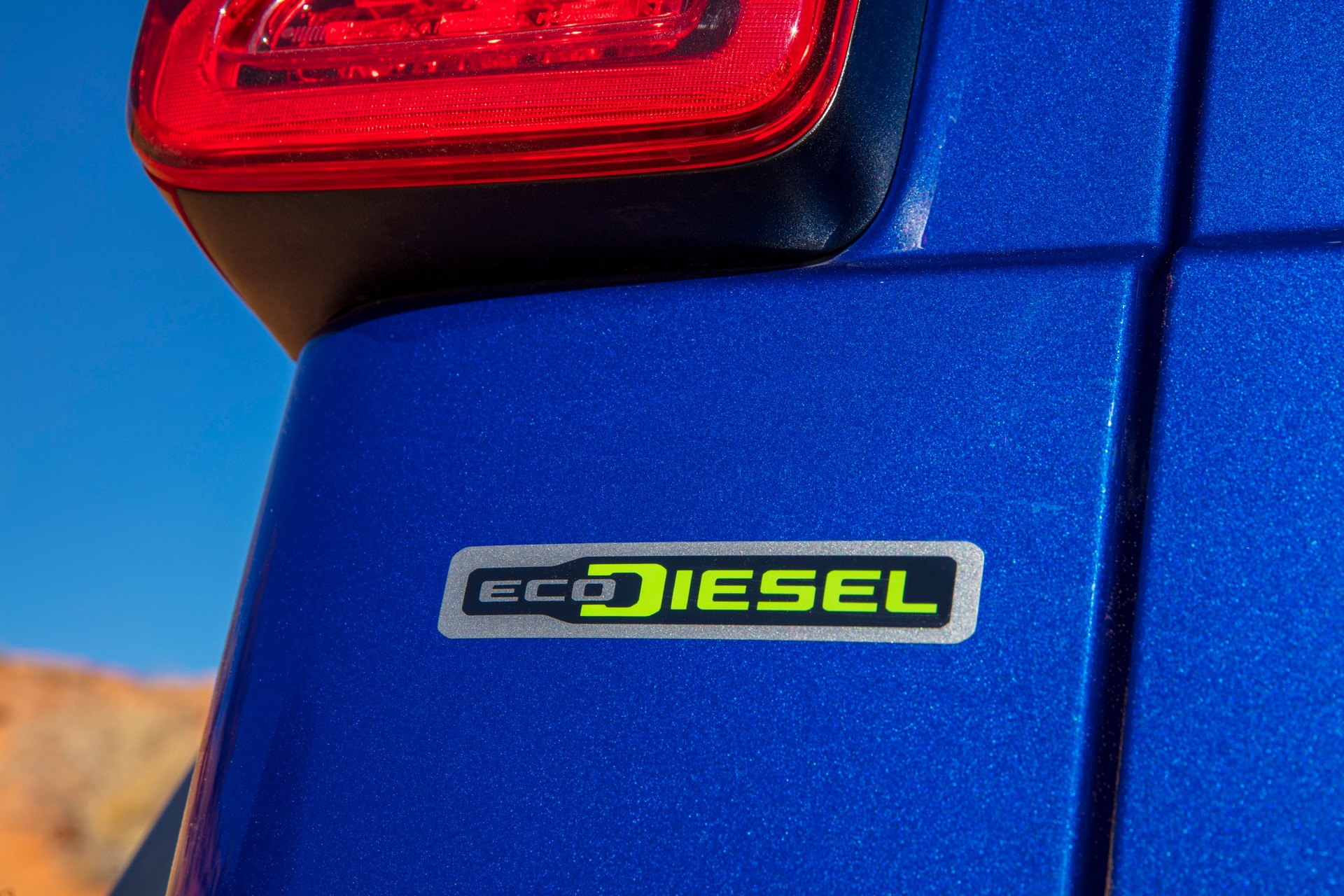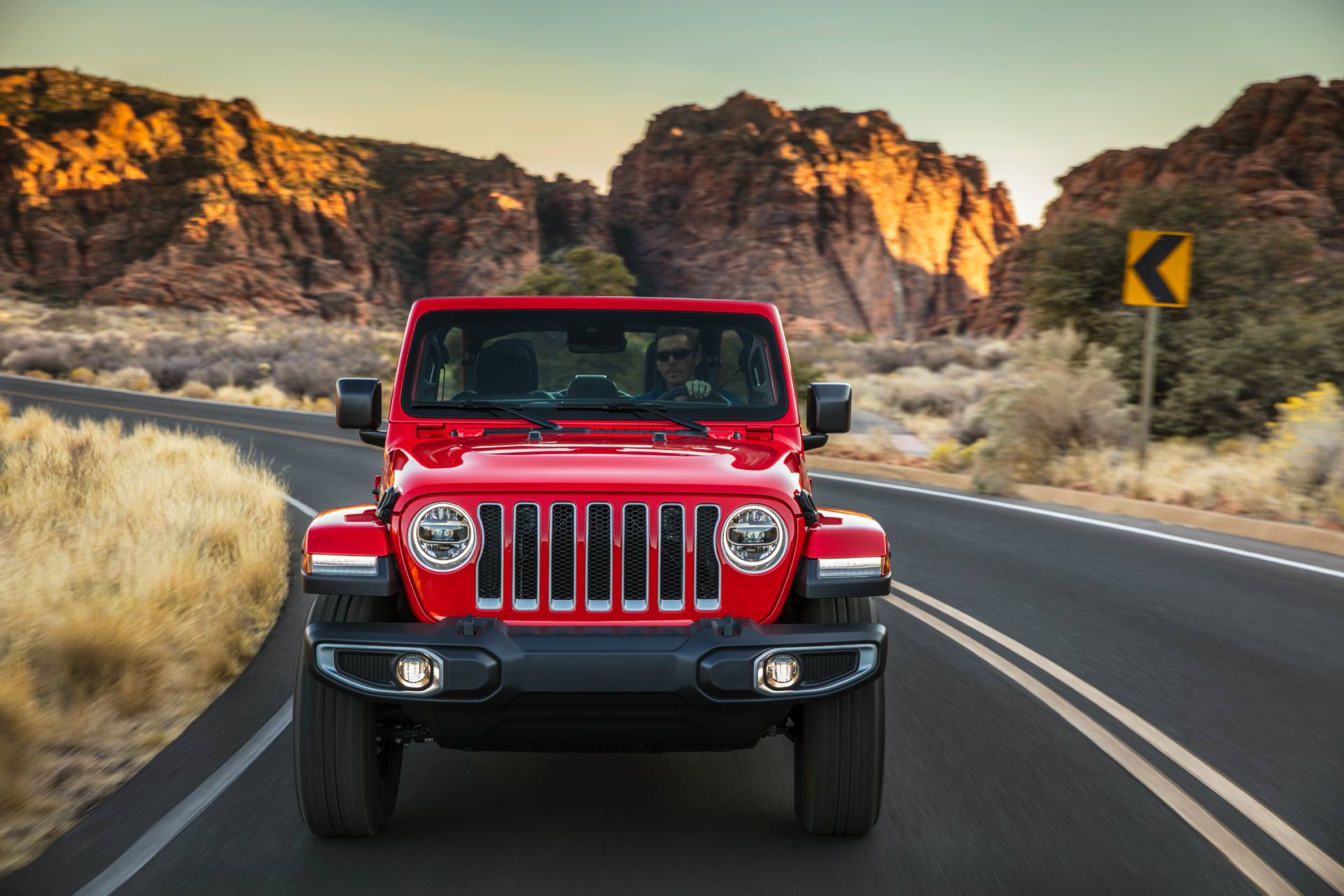The future of the internal combustion engine is very much in doubt – and Jeep, for one, could axe all diesel engines from its line-up by 2030.
During a recent interview with media in Australia, Jeep chief executive Christian Meunier confirmed that the brand’s diesel engines are on their final legs.
“I think that diesel in Europe is going to disappear, and Europe was really the root of diesel engines,” he told Car Advice. “And [as a result of] this it’s very clear that diesel [sales] volume is going to reduce significantly. But does that mean we will stop [offering] diesel [engines] all at once? No, I think there will be a transition between now and 2030, and it will vary by market. Some markets will continue to have V8 engines, [some] will continue to have six-cylinder engines, [and some] will continue to have diesel.”
Read Also: Jeep May Grant Enthusiasts’ Wishes And Launch A V8-Powered Gladiator
Further discussing the future of V8s, Meunier said it is inevitable that V8s won’t be around forever but for now, the automaker is trying to preserve them the best it can.
“In the medium term it’s clear that we’ll want to protect the V8 … [and] the high-performance V8 [for] as long as we can, especially in markets where there’s demand for it, and it makes sense to do,” he said. “At the same time it’s very clear that electrification gives us an opportunity to get even more performance, in a better way; [quicker] acceleration than an internal-combustion engine.
“So to answer the question bluntly, I love V8s, but I love electrification even more, because it can give me more acceleration, more power, [and] more torque in a better package, without hurting the planet. So I think it’s a better solution longer term,” he concluded.
Jeep has been steadily expanding its range of electrified models and earlier this month, unveiled the 2022 Grand Cherokee 4xe PHEV. The automaker has also announced plans to offer an EV in every SUV segment it competes in. This will include the Wagoneer/Grand Wagoneer that will spawn an all-electric variant by 2025.





